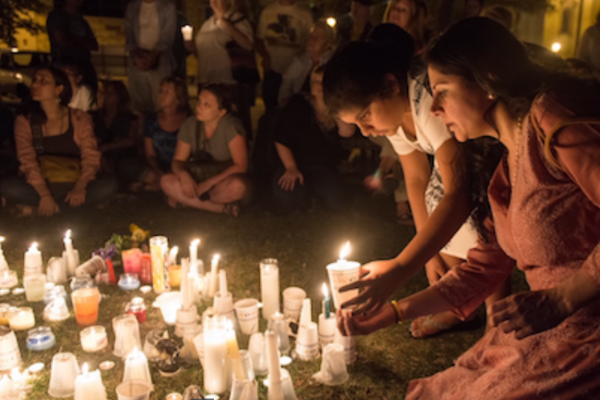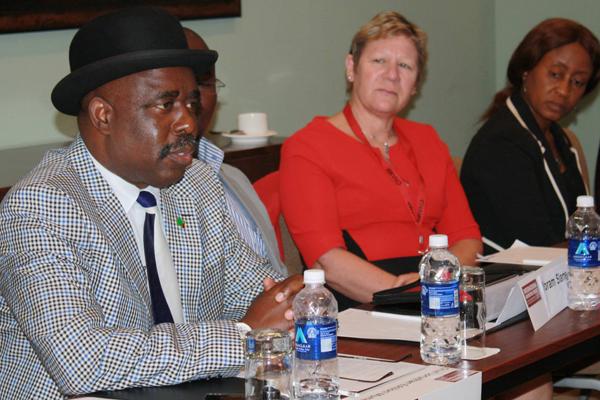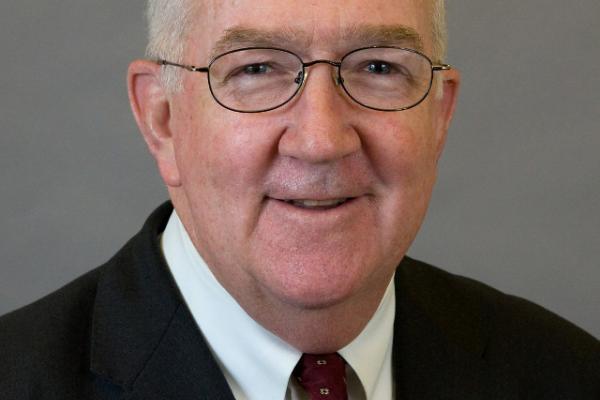My dad used to tell a joke from the pulpit, back when “damn” was a much stronger word in evangelical/fundamentalist circles than it is now.
It went roughly like this:
“Millions of people die every day from preventable causes without ever having heard about Jesus’ love, and most of you don’t give a damn, and most of you are probably more worried about the fact that I said ‘damn’ than about the fact that millions of people die daily from preventable causes without ever having heard about Jesus’ love.”
I have a new post up at her.meneutics, Christianity Today’s women’s blog that, quite frankly, I don’t expect too many people to read.
It’s about how it’s perfectly legal in most states to shackle pregnant women while they are in labor.
Opponents of Obamacare like to talk about how long it takes to get a hip replacement in, say, Canada —even though the Affordable Care Act is nothing like the Canadian health plan. Let's put this in perspective. How about a system that charges so much that some middle-class insured people can't afford a hip replacement at all?
... Unless they fly to a Western European country with "socialized" medicine and pay out-of-pocket?
Check out this story about Michael Shopenn, a man whose artificial hip was manufactured in Warsaw, Indiana, a "global center of joint manufacturing." Shopenn, who had health insurance, could not get coverage for a hip operation because his insurer deemed it a pre-existing condition (note: that should no longer be a problem under the ACA). So he ended up flying to Belgium.
I’m excited to share this mixtape in honor of the Wild Goose Festival, Aug. 8-11 in Hot Springs, N.C.
For the festival proper, this third one will surely be a charm. But for me, it’s the second time around, hence the title of this playlist, also taken from an Indigo Girls song. Getting ready for a music festival for me requires hours upon hours of research: buying and downloading mp3s, studying sounds with the headphones on. These are just a few favorites I’ve found and suggestions for your weekend—mixing up the indie-folk with the psychedelic-liturgical with the pop-folk and power-pop.
The mixtape works like a storybook of sonic massage on the ears, guts, and heart. My prayer is that your listen will provide at least a sliver of the joy that making it offered. Hopefully you can allow this mix to accompany your packing routine or en route roadtrip. See you at the shows! Or if you cannot make it, hopefully these songs will remind you why you wish you could.
It all sounds so… demanding. Sell your possessions and give to the poor. “Be dressed for action." Imagine yourselves as slaves who remain ready for their master’s return — not knowing when it might come.
Luke’s Gospel is big on demanding. In Luke 9:57-62, Jesus encounters three would-be disciples. And each receives a warning that would vanquish enthusiasm like an ice-cold shower.
In some African countries, tribes have shunned circumcision because it was seen as a Muslim practice or was simply considered primitive.
“We thought they were born differently and had to reconfigure the way they were,” said African Chief Jonathan Eshiloni Mumena.
So the tribal chief was not prepared for his son’s declaration that he wanted to get circumcised.
The U.S. Senate has confirmed former Catholic Relief Services head Ken Hackett to be the next ambassador to the Vatican.
Hackett replaces Miguel Diaz, a theologian, and he gives President Obama an experienced voice on social justice in Rome where a new pope, Francis, has made caring for the poor a priority.
Hackett’s confirmation came Thursday night by unanimous consent as senators wrapped up loose ends before the summer recess.
No opposition was expected since Hackett has strong ties to both parties; for five years he served on the board of former President George W. Bush’s Millennium Challenge Corporation and he is reported to be close to Denis McDonough, Obama’s chief of staff, whose brother is a priest.





